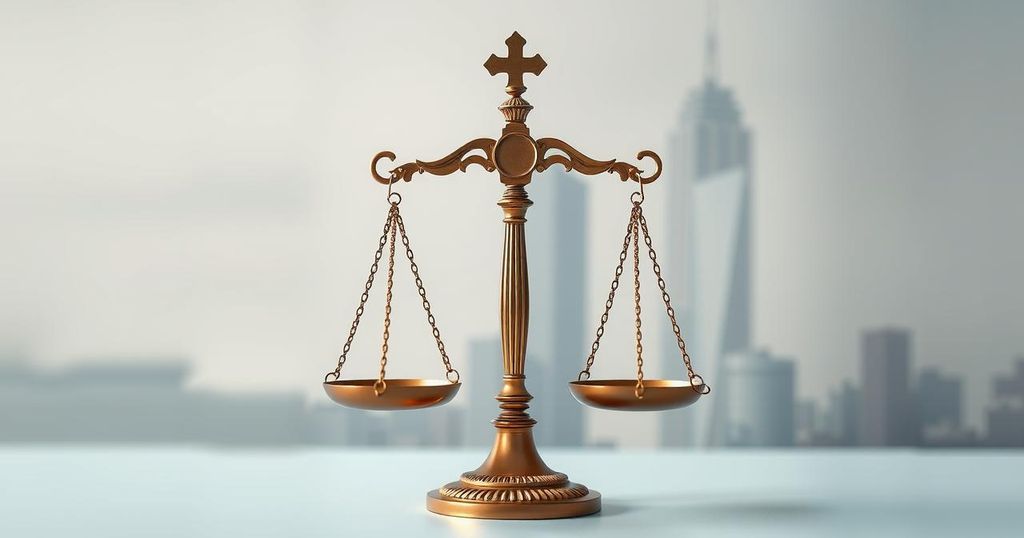UNSMIL has established a committee to propose solutions for the electoral deadlock in Libya, which has persisted since the 2021 election. The committee, consisting of 20 members, will meet in Tripoli and is expected to deliver proposals to address contentious issues. Public skepticism regarding political leaders’ intentions remains prevalent, highlighting the urgency of this initiative.
The United Nations Mission in Libya (UNSMIL) recently announced the formation of a committee tasked with proposing solutions to the obstacles preventing the long-delayed national elections. These elections have been stalled since December 2021 due to disputes over candidate eligibility, amidst a backdrop of ongoing political conflict since the 2011 NATO-backed uprising. The country is divided, with rival factions governing different regions.
The newly established advisory committee comprises 13 men and seven women, who are to convene for the first time in Tripoli next week. Their mission is to create technically sound and politically viable proposals aimed at resolving the contentious issues affecting the electoral process. Importantly, this committee is not a decision-making body, but rather a temporary advisory group expected to deliver its findings in a limited timeframe.
UNSMIL underscored the criteria for selecting committee members, emphasizing their professionalism and expertise in legal and electoral matters, as well as their understanding of Libya’s complex political landscape. Currently, the Government of National Unity (GNU), led by Prime Minister Abdulhamid al-Dbeibah, faces challenges to its legitimacy from the Benghazi-based House of Representatives (HoR). Al-Dbeibah has indicated his unwillingness to relinquish power without national elections.
Public skepticism remains high among Libyans regarding the political leaders’ intentions, with many believing that their leaders may not genuinely seek elections, fearing loss of power. Libyans have become increasingly aware of the detrimental impact of political divisions on their nation’s unity and stability. The HoR was elected in 2014, whereas a High State Council was formed in 2015 under a political agreement, consisting of members from a parliament elected in 2012.
Recently, UN Secretary-General António Guterres appointed Hanna Serwaa Tetteh of Ghana as the new special representative for Libya and head of UNSMIL, succeeding Abdoulaye Bathily from Senegal. This leadership change may influence the ongoing political negotiations and the potential for elections.
Libya has experienced significant political turmoil since the 2011 uprising that ousted long-time leader Muammar Gaddafi. The country has faced ongoing conflict, leading to a fragmented political landscape characterized by rival governments and competing factions. The inability to hold national elections has perpetuated instability and discontent among the populace, which has contributed to a general atmosphere of skepticism regarding the intentions of political leaders. The establishment of the advisory committee by UNSMIL represents an effort to facilitate a resolution to the electoral impasse and advance the political process in Libya.
In conclusion, the formation of an advisory committee by UNSMIL to address the deadlock surrounding national elections in Libya reflects a strategic initiative to overcome persistent political challenges. With its deadline-driven mandate, the committee aims to deliver actionable proposals to facilitate the electoral process. Given the historical context of political divisions in Libya, the engagement of experienced professionals may prove crucial in fostering stability and restoring trust in the political system.
Original Source: www.newarab.com




